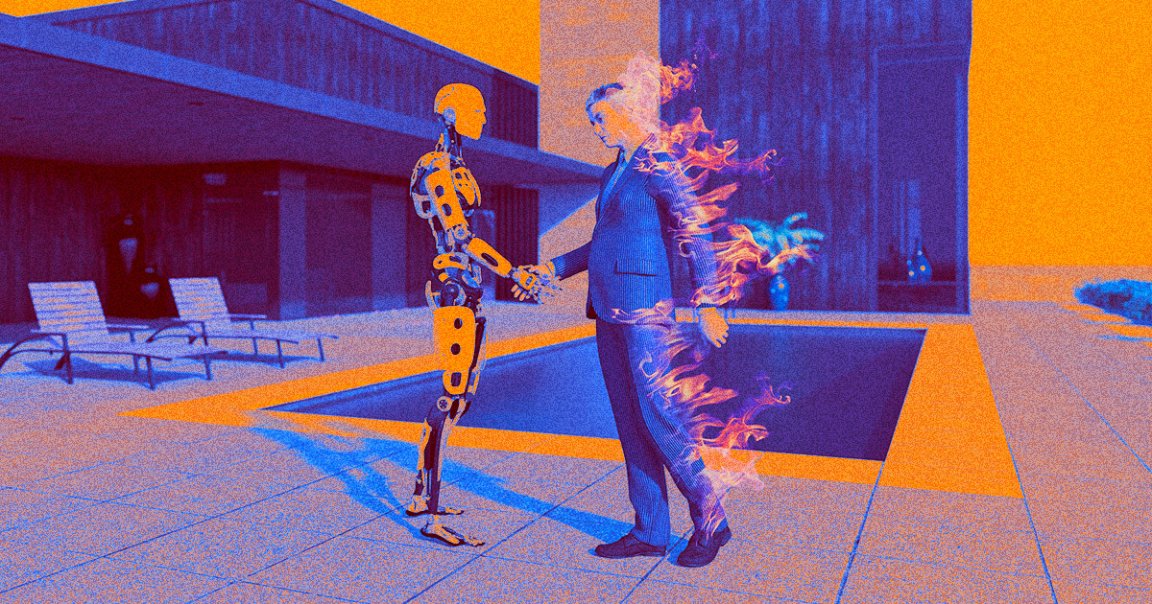
Alarm Bells
Geoffrey Hinton, as one of the foremost pioneers of artificial intelligence, is often hailed as the “godfather of AI.” His seminal work in neural networks won him the attention of Google, where he’s worked for over a decade, and eventually even a Turing Award, the most prestigious prize in computer science.
But now, in a new interview with The New York Times, Hinton reveals that he has left Google, warning of the dangerous implications of the very technology he innovated. A part of him, he says, regrets his life’s work.
“I console myself with the normal excuse: If I hadn’t done it, somebody else would have,” Hinton told NYT.
“It is hard to see how you can prevent the bad actors from using it for bad things,” he later added.
He couldn’t have chosen a more critical — and bold — time. The explosive rise of generative AI systems like OpenAI’s ChatGPT and the capabilities of its latest GPT-4 model has had industry experts so worried that over 1,000 of them, including tech leaders like Elon Musk, recently signed an open letter calling for a moratorium on developing anything more advanced. For Hinton to chime in now is one hell of a foreboding omen, to say the least.
War for the Worst
According to Hinton, he told Google he was leaving last month, which wouldn’t have been long after his interview with CBS in which he warned that we were at a “pivotal moment” for AI.
For the most part, Hinton considered Google a “proper steward” of AI until last year. Things took a turn for the worse when Microsoft, which has invested billions into OpenAI, released its Bing AI search engine powered by GPT-4, a potential direct threat to Google’s dominance in search technology. Google, in turn, is now rushing to develop an AI integrated search of its own.
In addition to its threat to people’s jobs, Hinton worries that this heating up AI arms race will lead to an internet so flooded by fake images and text that no one will “be able to know what is true anymore” — a threat that he considers immediate.
The real clincher, though, is that Hinton thinks that the day that AI gets smarter than humans and starts augmenting itself may dawn on us sooner than we think.
“The idea that this stuff could actually get smarter than people — a few people believed that,” Hinton remarked.
“But most people thought it was way off. And I thought it was way off,” he continued. “I thought it was 30 to 50 years or even longer away. Obviously, I no longer think that.”
More on AI: We Interviewed the Engineer Google Fired for Saying Its AI Had Come to Life